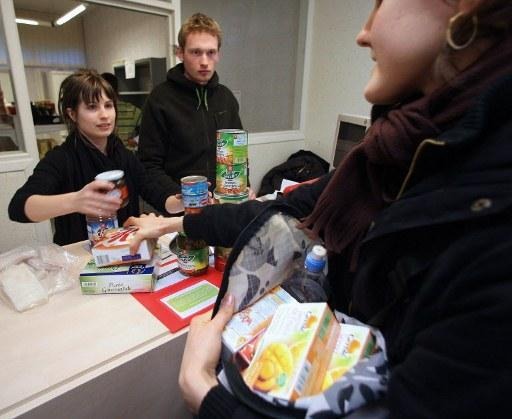Belgium will have to make additional efforts to reach all sustainable development goals (SDGs) by 2030, as it will fail to meet the objectives if current trends continue, a recent report found.
The 17 goals, set by the United Nations (UN) in 2015, are indicators that measure "quality of life, human development, social progress and the sustainability of our economy," however, for many of these targets, Belgium is not evolving in the right direction, a new analysis by the country's Federal Planning Bureau (FPB) stated.
"If Belgium continues as it is now, it will not meet all the targets. Today, steps forward are being taken, but unfortunately not enough, not fast enough and not in all areas," Patricia Delbaere, an FPB sustainable development expert, stated.
The FPB assessed 51 sub-objectives over the past 20 years to check whether the country is on track to meet the broader subjects, which Belgium committed to as a member of the UN, covering virtually all aspects of society, from greenhouse gas emissions and sustainable fishing to over-indebtedness of families and unemployment.
Related News
- Students face €17 trillion loss in lifetime earnings due to pandemic
- Many Belgians poorer as pandemic fuels inequality
The results show that Belgium is only on track for 16 of the 51 sub-targets, with targets for renewable energy and non-smoking set to be met. Overall, environmental indicators, in particular, receive favourable ratings.
However, for 22 other sub-goals, for example, poverty risk and noise pollution, the evolution is "unfavourable." Especially improving on social issues appears to be a challenge in Belgium.
For the remaining 13 sub-targets, it is as of yet unclear whether the country is evolving in the right direction.
Situation worsened by pandemic
The study also looked at the effects of the coronavirus pandemic on reaching the targets and although the FPB stressed that it is too early to draw a definitive picture, it found that the pandemic risks making it even more difficult to achieve certain sustainable development goals.
Past research has confirmed that the crisis has pushed more people into extreme poverty, and has heavily disrupted children's education. The same report showed that the pandemic had a greater effect on the well-being of Belgians than the 2008 financial crisis.
This is reflected in the social indicators on which Belgium scores poorly, including the risk of poverty or social exclusion and insufficient reading skills. The bureau also warned that it is "almost certain that vulnerable groups are hit harder and that inequality increases."
The country further failed to make positive progress when it comes to narrowing the gender pay gap or increasing the number of female members of parliament.
"The good news is that there are still eight years to do something about it, so there is still time. But to reverse the current trends in the right direction, the targets must be put high on the political agenda," Delbaere said.

